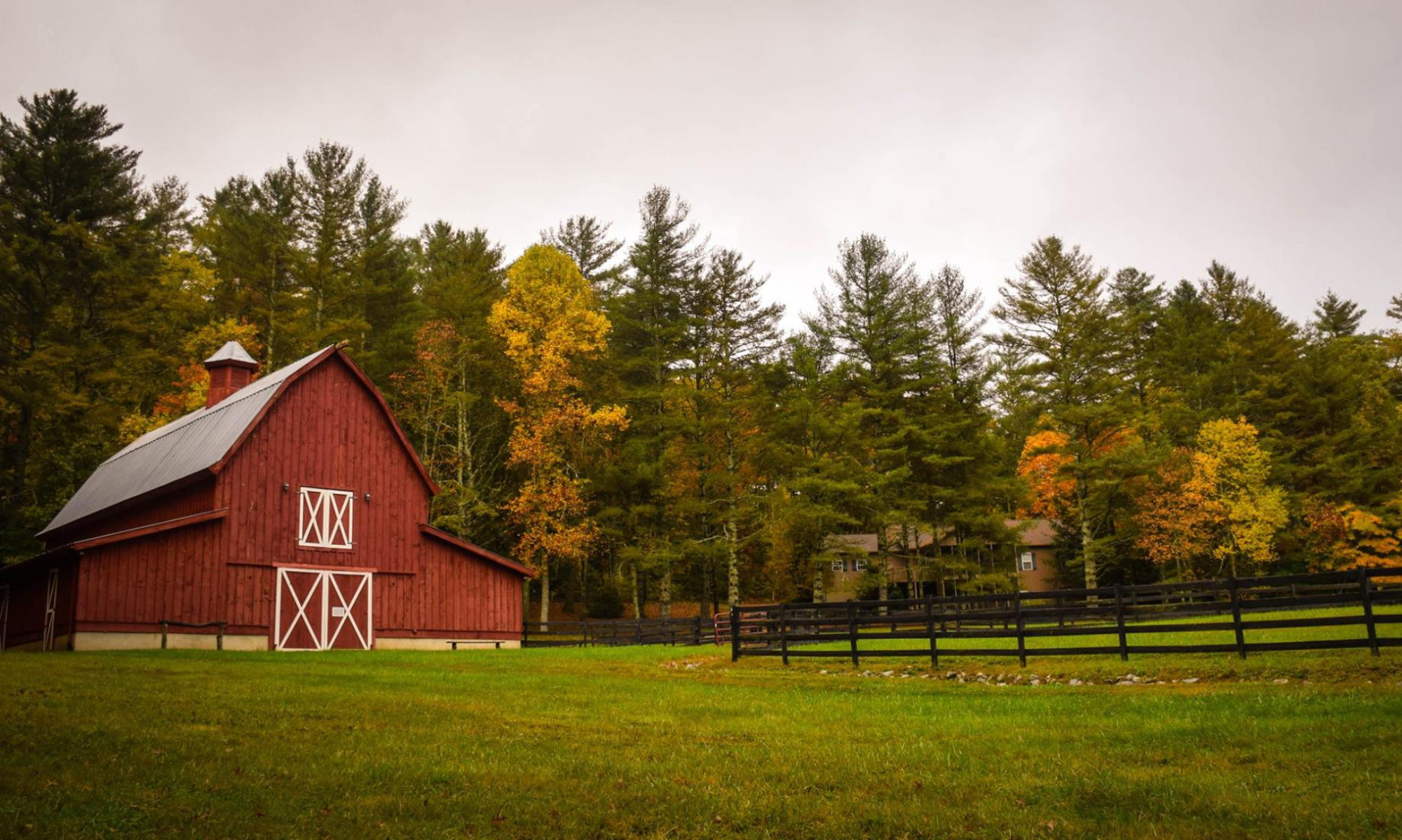The first mainstream story comes from the Ames Tribune.
Leopold director told to resign
After leading Iowa State University’s Leopold Center for Sustainable Agriculture for five years, Fred Kirschenmann was told to resign his position as director last week to clear the way for a leader who would be more focused on Iowa issues and provide a stronger Iowa presence.
The Leopold Center is indeed a state funded initiative. What this does or should mean about their research “focus” deserves a bit more fleshing out. The cynic in me suggests that perhaps this is another way of saying that Kirschenmann had become too powerful of a national voice.
After receiving notice on Wednesday morning, the surprised Kirschenmann was given 48 hours to decide whether to accept a distinguished fellow role to remain with the center.
Wendy Wintersteen, the interim dean of ISU’s College of Agriculture who made the executive decision, has appointed ISU professor Jerry DeWitt as interim director of the center. DeWitt previously served as coordinator of the university Extension’s sustainable agricultural program.
Why is the interim dean making executive decisions and implementing 48 hour deadlines just two months before her term is over? Aren’t matters of this nature typically left to an incoming dean? Why was the Board of Directors not involved?
“We wanted to find a mechanism to take advantage of Fred’s leadership, but have somebody in the position of interim director that could manage the day-to-day affairs of the center and provide a clear Iowa focus for the center,” said Wintersteen, who took over interim duties as dean of the College of Agriculture on Aug. 1. “What better way than to bring these two folks together to serve the center’s mission.”
I would humbly suggest that a better way might not involve executive decisions by an interim dean and surprise 48 hour deadlines.
Kirschenmann said he is uncertain whether the new structure will work.
“If I can continue to fulfill the center’s mission, I will work hard to do that,” he said. “If it turns out I am not given that freedom, I will probably move on to something else.”
The center, formed in 1987 through the Groundwater Protection Act, works to research the negative impacts of agricultural practices, assist in developing alternative practices and works with ISU Extension to inform the public of the center’s findings, according to its Web site.
Kirschenmann, who has long been a national and international leader in sustainable agriculture, said the reasons why he was told to resign were never made specific to him. He added that Wintersteen had been “somewhat unhappy” with his performance during the past couple years because he was not sufficiently engaged with Iowa’s stakeholder groups.
The rest is below the fold.
“My position was that the mission of the center requires me to do what I can to help promote the kind of research that will reduce environmental impact and improve the socioeconomic position of farmers,” he said. “It seemed to me that dealing with the more political aspects of the center was not really a part of the mission.”
Wintersteen stressed the Leopold Center is an Iowa center.
“As such, it is critically important that there are very clear projects and programs here in the state,” she said.
Wintersteen said projects and programs that begin in Iowa could then be used to solve similar issues across the country in such areas as water quality and soil conservation.Wintersteen said this move will now allow Kirschenmann to spend more time “doing the work that he loves so much” and not have to balance the time between his regional and national conversations and projects and managing the center.
Kirschenmann said doing what he loves to do includes meeting with the staff to determine whether to implement things he had learned through conversations and programs nationally and internationally on sustainable agriculture.
“If as a distinguished fellow there is no way to really implement any of that back at the center, then that would not be totally satisfying for me,” he said. Kirschenmann said he is looking forwarding to working with DeWitt, a friend of 25 years and companion in several past sustainable agriculture projects. “That’s part of the happy side for me,” he said.
Wintersteen said she is optimistic Kirschenmann’s significant national focus combined with the “very Iowa-focused” DeWitt will create a positive outcome for the center.
“Change is always difficult for some folks to understand, but I think this is a change that is going to very positive,” she said.
More comments later on this “Iowa-focused” theme. There are a few other pieces of the back story that I want to write about first.
